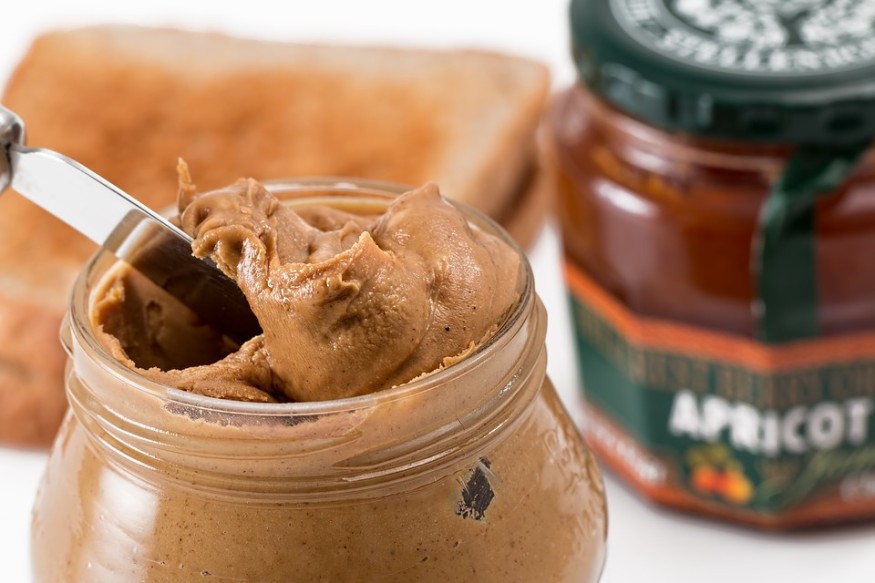
Peanut butter is one of the most popular spreads, it is packed with essential nutrients, including minerals, vitamins, and healthy fats. However, because of its high-fat content, peanut butter is calorie-dense. This is very alarming for some, since excess calories may lead to weight gain especially if peanut butter is consumed regularly.
However, some research suggests that peanut butter may boost weight loss when it is eaten in moderation.
How eating peanut butter affects body weight
It is well known that weight gain can happen when you eat more calories than you burn. Because of this reason, some dieters are careful about consuming peanut butter because of its high fat and calorie dosage. Each 2 tablespoon serving of peanut butter has 191 calories, 16 grams of total fat, 3 grams of saturated fat, 8 grams of monounsaturated fat and 4 grams of polyunsaturated fat. However, not all high-fat or high-calorie foods are unhealthy. Peanut butter is labeled as very nutritious.
For one, 75% of the fat in peanut butter is unsaturated. Research shows that eating unsaturated fat instead of saturated fat can help reduce levels of LDL or bad cholesterol and it can help lower your risk of heart disease. Peanut butter is also packed with protein, fiber and a lot of essential vitamins and minerals, including magnesium, manganese, vitamin E, phosphorus and B vitamins.
Not linked to weight gain if eaten in moderation
Weight gain only happens when you consume more calories than you burn. Peanut butter is unlikely to lead to weight gain if it is eaten in moderation. If you consume it as a part of your daily calorie needs, then it is fine.
Some researches link the intake of peanut butter, peanuts and other types of nuts to lower body weight. One study in over 370,000 adults found that eating nuts regularly was linked with less weight gain. Participants also had a 5% lower risk of gaining excess weight or becoming obese within 5 years.
With that being said, those who eat nuts have healthier lifestyles in general. People who ate nuts in this study also stated that they exercise more, and they eat more fruits and vegetables than those who do not eat nuts. This study suggests that you can include eating peanut butter into your diet without risking unwanted weight gain.
But if weight gain is your goal, you can eat more calories than you burn, preferably from nutrient-dense foods. Peanut butter is a perfect option because it is packed with nutrients, it is inexpensive and it is easy to add to your diet.
How peanut butter may help you lose weight
Peanut butter can help you with your weight loss plan because it promotes fullness, it can preserve muscle mass and it can help maintain weight loss long-term. Peanut butter is very filling, in a study done to 15 women with obesity, they added 3 tablespoons of peanut butter to a high-carb breakfast, it lowered their appetites more than a high-carb breakfast with no peanut butter added.
Those who ate peanut butter had more stable blood sugar levels than those who didn't, which may have a role in lowering appetite. Peanut butter has high amounts of fiber and protein which are two nutrients that are known to promote fullness. Studies note that the whole peanuts and other nuts may be at least as filling as peanut butter. This means that eating a variety of nuts and any kinds of nut butter may provide the greatest benefits.










